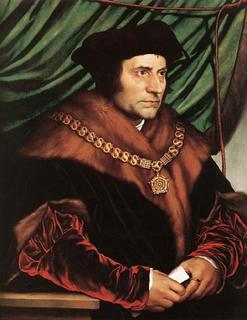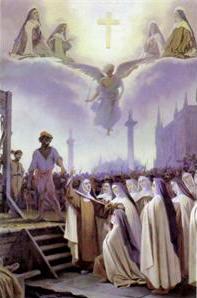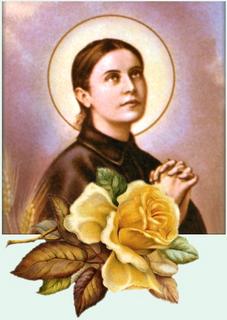
The 19 century was a life changing century in that it gave birth to the industrial revolution, which rather than liberating the poor, it simply reinforced their abject poverty. For many who had lived in rural villages within England, now sought life in the industrial towns in the hope of making new lives for themselves and providing more opportunities for their families.
This was not the case and for many years, people lived in impoverished conditions with overcrowding and unsanitary conditions which brought on epidemics such as cholera, dysentery and many other diseases. And though the owners of mills, coal mines and other industrial plants grew in prosperity the ordinary man and woman in the streets did not.
Things would improve overtime with the founding of Unions in order to give the workers some say as to the conditions in which they worked under. But this came at a cost as the owners of the workplaces fought such an organisation which threatened their profits; this was to cause much bitterness between employee and employer!
Into this century was born one, Mary Potter in the year 1847. Mary was born into a loving family and was the only daughter of William and Mary Anne Potter, unfortunately Mary's father left the family and immigrated to Australia leaving his wife and children behind.
Being the only daughter Mary was to become a little spoiled by both her mother and brothers, but Mary Anne made sure that she provided her daughter with a strong Faith and a care for those less fortunate than themselves. Her Mother made the difficult decision to send Mary to a Catholic boarding school, this grieved Mary Anne considerably as she was devoted to her children but most especially her daughter, Mary.
Mary did well at the school though the education of girls basically consisted of cooking, sewing and running a household. Upon leaving school Mary returned home to her Mother and brothers in Portsmouth, where she was to live an ordinary life, socialising and helping her Mother take care of the home duties.
Though Mary was an extrovert by nature and much admired by both family and friends with her winning personality and charm still there was much spiritual depth ness and a restlessness within her spirit as to her calling in life. But Mary put this restlessness aside and became engaged to Godfrey King, but Godfrey personality was not compatible with Mary's more vivacious spirit and it soon became evident to them both that their union would not work. And much to her Mother chagrin Mary broke off her engagement to Godfrey.
But through Godfrey’s deep understanding of the Faith this was to move Mary even more into developing a longing to become closer to her Lord, by serving Him by helping the poor. Mary took to prayer as her heart was confused with which path she should take.
She tried to enter the Sisters of Mercy Order but find this was not to her benefit and feeling low and ill, she prayed even harder as to what to do. Till one day upon being given a book written by St. Louis de Montfort, this book was to change Mary's life forever, and she consecrated her life to the Blessed Virgin Mary.
And through this Consecration Mary began to see a clear path for her life, she began against her Mothers wishes to visit the poor and to try to alleviate their suffering and with the help of her Mother Mary also tried to start a school for the children of the poor. Though Mary did all this it was not a disciplined life and it was this longing for some sort of Rule that Mary once again sought Jesus in prayer.
God answered her prayer and in 1874, Mary knew within her own heart of hearts that our Lord was calling her into a Religious life, where she could work amongst the poor. Mary was deeply drawn to the suffering Christ and longed to comfort Him in by providing assistance to the poorest of the poor within her community.
She could observe first hand how the industrial revolution was having an adverse affect on the poor families, who though they worked long and arduous hours, still they remained impoverished and unable to provide for their families. These conditions took a heavy toll on the family unit and many were unable to look after their own children let alone their elderly parents.
Mary founded the Sisters of the Little Company of Mary in 1877, to try and help the sufferings of the poor and most especially the more vulnerable in society. So despite Mary's own ill health she persevered in defining her Order to assist the impoverished and alleviate their sufferings. Mary was to concentrate on all avenues to assist those in need which also included the spiritual, by listening to those who were suffering and affording them the dignity which they deserved.
Though she did not know it then, Mary was to found the hospice movement where if possible the sick could be given the assistance they needed within their own homes. But she also provided a place for the sick and dying within her own Mission. Mary's connection with the suffering Christ, helped all to share the vision which she encapsulated to serve the poor as if one were serving Christ Himself.
The Order which Mary founded 'The Little Company of Mary' still exists and thrives to this very day.
Mary Potter died in 1913.
Mary Potter was proclaimed Venerable Mary Potter by Pope John Paul ll in 1988.
Peace of Christ to ALL
Copyright © 2005 Marie Smith. All rights reserved.







